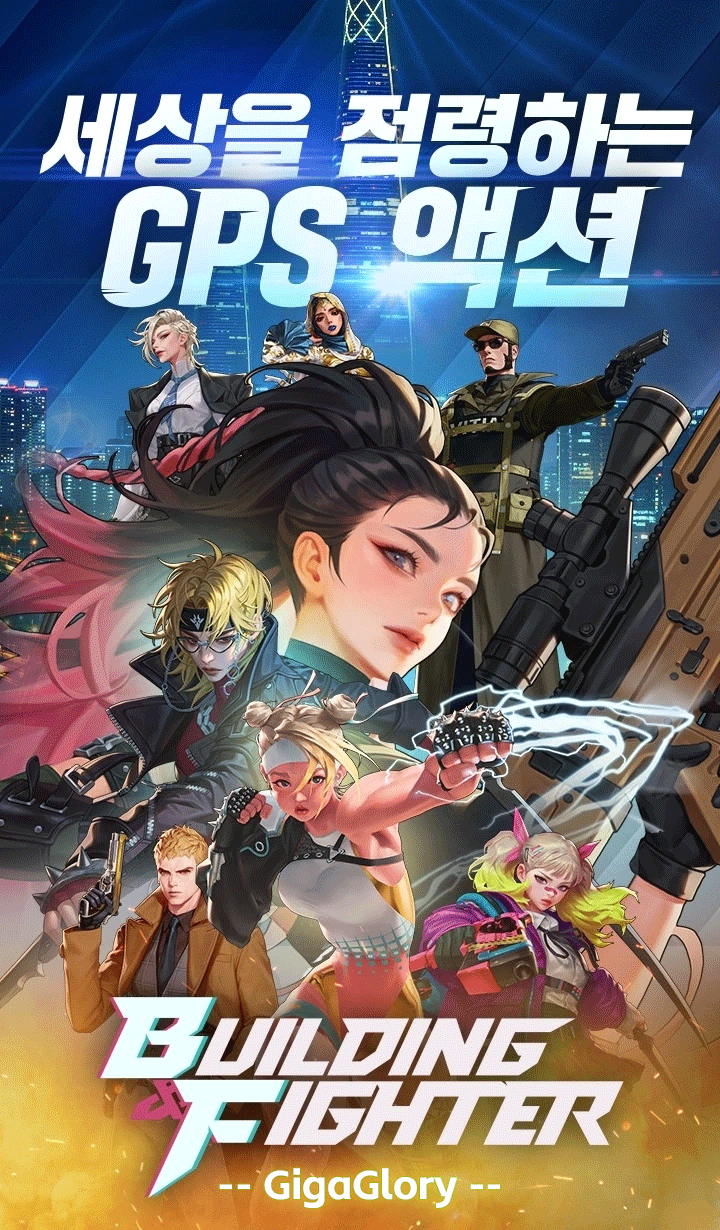Exploring Open World Games: A New Frontier for Educational Gaming Adventures
The gaming industry has witnessed tremendous growth, particularly with the rise of open world games. These immersive experiences offer players vast environments to explore, making them a unique medium for education. The fusion of learning and play allows for dynamic interactions that can enhance educational outcomes. As we dive into this topic, let's explore how these digital landscapes are turning into powerful tools for educational adventures.
What Are Open World Games?
Open world games refer to virtual environments that allow players to roam freely, engaging in various quests, missions, or simply exploring. Unlike traditional linear games, these worlds are expansive and immersive, often filled with rich narratives and interactive elements.
The Mechanics of Open World Games
- Non-linear storytelling that allows for multiple outcomes.
- Detailed, expansive environments that promote exploration.
- Interactive characters and NPCs (non-player characters) that enrich engagement.
Why Combine Education with Gaming?
Combining educational games with the mechanics of open world games presents a unique opportunity for deeper learning. Here are several reasons why:
- Engagement: Open worlds captivate players, leading them to interact with the material more willingly.
- Experiential Learning: Players learn by doing, enhancing knowledge retention.
- Problem Solving: Games challenge players to think critically, developing essential skills.
Examples of Educational Open World Games
Several games brilliantly merge education and open-world gameplay. Here are some noteworthy examples:
| Game Title | Educational Focus | Age Group |
|---|---|---|
| Minecraft: Education Edition | STEM, art, and collaboration | 6+ |
| Kerbal Space Program | Aerospace engineering | 10+ |
| Civilization VI | History and strategy | 13+ |
Games Like Clash of Clans: Expanding the Horizon
When we think of educational games, titles like Clash of Clans often come to mind. While it may not be a traditional open-world game, its mechanics inspire other educational titles.
- Teamwork: Players learn to collaborate and communicate effectively.
- Resource Management: The game encourages strategic planning and efficient use of resources.
- Critical Thinking: Players must adapt their strategies based on opponents’ actions.
The Benefits of Open World Learning Environments
Creating learning experiences in open worlds comes with numerous advantages:
1. Customization
Players can alter their experiences based on interests, making learning more intuitive.
2. Collaboration
Open worlds facilitate teamwork, allowing students to learn from one another.
3. Flexibility
Players can learn at their own pace, a significant advantage for differing learning styles.
How Open World Games Foster Critical Skills
In educational contexts, open world games help develop various critical skills:
- Analytical thinking through problem-solving scenarios.
- Creativity by allowing exploration and experimentation.
- Social skills through multiplayer interactions.
The Role of Narrative in Learning
Storytelling is a fundamental aspect of open world games. A compelling narrative can enhance engagement and meaning:
- Characters and story arcs can mirror real-life challenges.
- Games often incorporate moral dilemmas that encourage reflection.
Challenges of Educational Gaming
While the benefits are profound, educators face challenges in implementing these games:
- Resource allocation for technology and training.
- Balancing gameplay with educational outcomes.
- Ensuring accessibility for all students.
Future of Educational Open World Gaming
The future looks promising for educational open world games. As technology evolves, we can anticipate:
- Increased interactivity through AR and VR.
- Greater integration of gamified curricula in traditional education.
- Collaborative projects connecting students across the globe.
User Experience Enhancements
Improving user experience in educational games will also be crucial:
- Intuitive interfaces for easier navigation.
- Feedback systems to reward progress and learning.
- Adaptive learning pathways to suit individual needs.
Conclusion
Open world games have the potential to revolutionize educational adventures. By engaging students in immersive environments, these games promote learning that is not only effective but also enjoyable. We can leverage the power of play to prepare the next generation for the challenges ahead.
The blend of exploration, storytelling, and critical thinking in open world games means a new frontier for educational gaming awaits. Let's be ready to embark on this exciting journey together!



